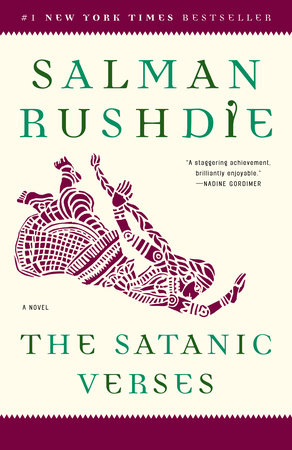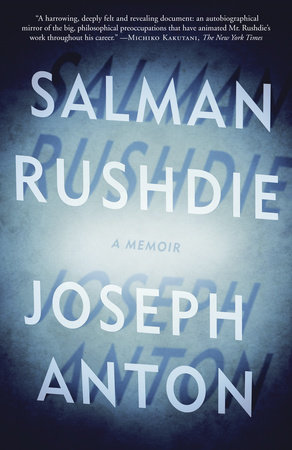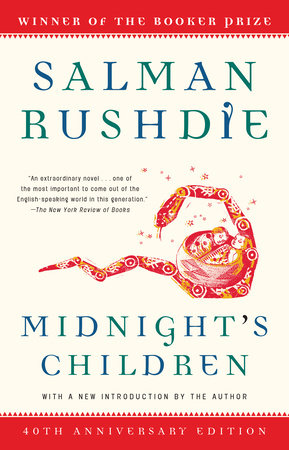Salman Rushdie was brutally attacked before a scheduled appearance at a literary event at the Chautauqua Institution. The author was airlifted to a local hospital, and while his condition remains critical, he is reportedly recovering. The event at the Chautauqua Institution was meant to discuss “home when it is asylum, when people are seeking a place where they can find safety…to pursue their voice in an environment that supports free speech,” according to one of the event’s organizers.
And few are more qualified than Rushdie to speak on the topic of living as an artist in exile. In 1988, he published the acclaimed novel The Satanic Verses, which sparked near-immediate controversy owing to what some saw as a blasphemous depiction of the prophet Muhammad and the Qur’an. The novel was quickly banned in India, Pakistan, Bangladesh, Sri Lanka, and South Africa, and copies were publicly burned across the globe. On February 14, 1989, Ayatollah Khomeini, supreme leader of Iran, issued a fatwa against Rushdie and everyone involved in the novel’s publication. Consequently, the author spent years living in hiding in London under British police protection, an experience he details in his memoir Joseph Anton.
Rushdie has authored fourteen novels, including Midnight’s Children, which won the Booker Prize in 1981, one story collection, and four works of nonfiction. He was knighted for his contributions to literature in 2007.
See below a selection of Rushdie’s work. To see the full title list:








